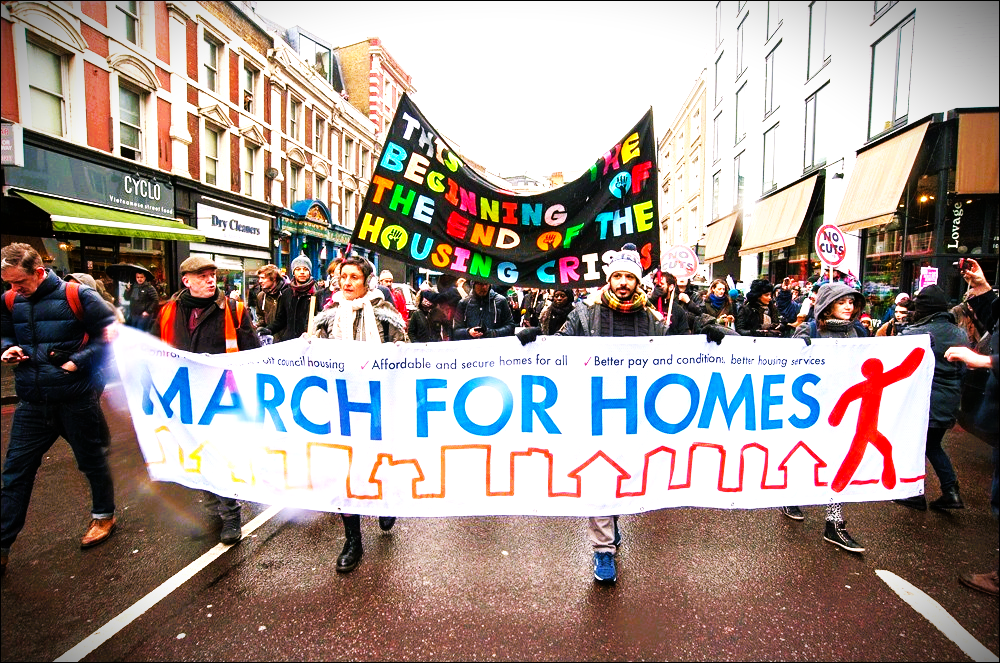

Government Moves to Slash Red Tape in Bid to Alleviate UK Housing Crisis
The UK government has unveiled a significant plan to cut red tape and accelerate housing development, particularly by smaller builders, in an effort to ease the country’s deepening housing crisis. Deputy Prime Minister and Housing Secretary Angela Rayner highlighted the importance of supporting small and medium-sized enterprises (SMEs), which once accounted for 40% of new homes but have since seen their market share decline due to rising regulatory and financial pressures.
Central to the reforms is a relaxation of environmental requirements such as Biodiversity Net Gain (BNG) and potential exemptions from the Building Safety Levy (BSL), measures intended to reduce costs and speed up projects with between 10 and 49 homes. To assist local councils in speeding up planning, the government is allocating £10 million to hire environmental assessment specialists and will release land exclusively for SME builders to improve their competitiveness.
While these changes aim to boost housing supply and make homeownership more accessible, they have sparked concerns among environmental groups who warn that lowering biodiversity standards could harm the UK’s fragile ecosystems. Industry leaders, however, argue the reforms are necessary to address a “viability crisis” caused by cumulative regulatory costs.
The government is also introducing stricter delivery deadlines tied to planning permissions and increased transparency from developers. Forecasts suggest these measures could result in 1.3 million new homes over the next five years, the fastest construction rate in 40 years potentially adding £6.8 billion to the economy. Additional funding through new home delivery funds and SME Accelerator Loans is expected to further support smaller builders.
Overall, the plan seeks to balance the urgent need for more homes with environmental considerations, aiming to revive the housing market while managing ecological impacts.


















